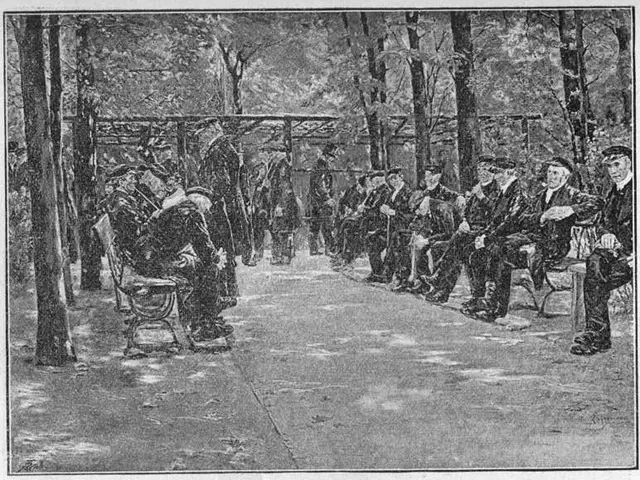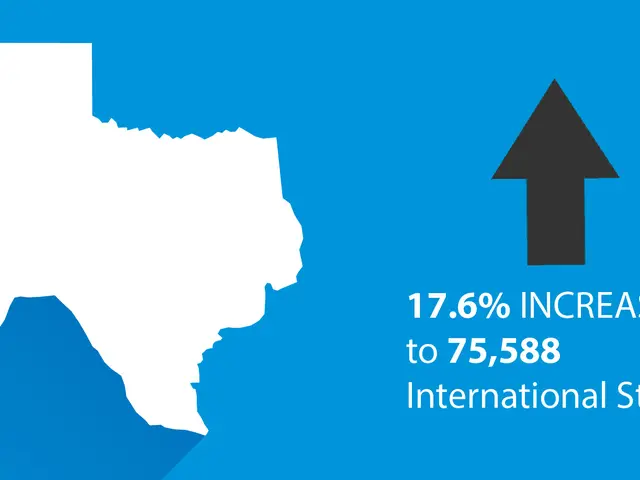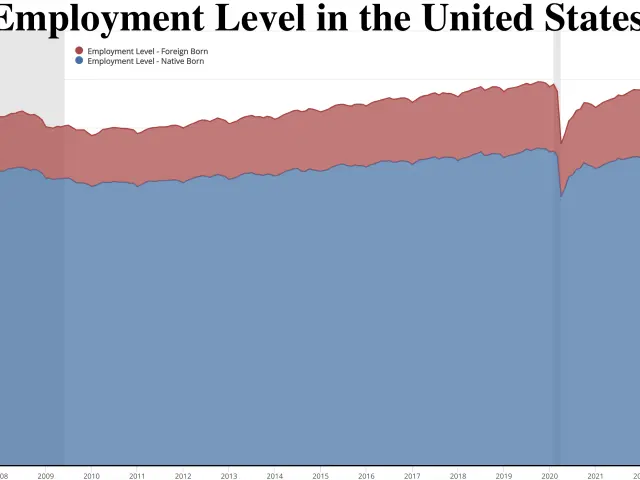Strategies for Spotting Deceptive Employers: A Guide
Understanding the Distinction Between Labor and Civil Contracts in Employment
Lawyer and former state labor inspector Revoliy Takasayev has shed light on the crucial difference between labor and civil contracts in employment relationships, offering advice on how to ensure your rights as a worker are protected.
Distinguishing Between Labor and Civil Contracts
During his lecture, Revoliy presented two documents claiming to be "Labor Contracts." However, only one of them was actually a civil law contract, or GPC for short. The differentiation between the two contracts is essential, as the rights and protections offered to workers vary significantly.
To determine the nature of your employment relationship, Revoliy advises examining your contract closely. A genuine labor contract will indicate 'employer' and 'employee,' specifying the workplace and providing additional conditions such as vacation, salary, pension, and insurance coverage, work schedule, lunch break, and so on. Such features are absent in civil contracts.
The Advantages of a Labor Contract
A labor contract has multiple advantages over a civil contract. One of the significant benefits is the guaranteed minimum wage. In Yakutia, as of 2025, the minimum wage is 22,440 rubles, with additional allowances available depending on the regional coefficient and the individual's working hours.
Moreover, unlike civil contracts, labor contracts offer protections regarding overtime, vacation, sick pay, maternity leave, and other employment-related benefits. Failure to adhere to these provisions can result in the employer being held accountable for violating labor laws.
Real-life Examples and Court Cases
Revoliy shared several examples from his practice, illustrating the importance of understanding the difference between labor and civil contracts. In one case, a pensioner named Mikhail, who had been working as a janitor for a management company, was underpaid by 9,000 rubles. Despite the labor inspector's assistance, lawyers refused to take the case due to the paltry amount of money involved. However, with Revoliy's help, Mikhail was able to prove the violation and was awarded 200,000 rubles in settlement.
Another situation involved a woman named Natalia who was replaced by a favored candidate at a large private company. Despite having a valid employment contract and years of dedicated service, Natalia was forced to resign amid fabricated disciplinary actions. She initially declined to contest the warnings or seek legal assistance. Unfortunately, the deadline for appealing the warnings had passed. With Revoliy's help, Natalia was eventually granted justice by the appeals court, holding the employer accountable for their actions.
Caution and Prevention
When confronted with potential employment violations, it is essential to remain vigilant and document all interactions. If you feel pressured to act against your rights, keep records of conversations, addresses people by their full names, and preserve screenshots of messages. These can serve as crucial evidence in court and help protect your interests.
Employers who engage in questionable practices, such as offering civil contracts in place of labor contracts, risk facing administrative penalties and even the disqualification of their leaders. Understanding the distinction between labor and civil contracts is key to safeguarding your employment rights and ensuring that your employer adheres to the law.
- In understanding the distinction between labor and civil contracts, personal-finance management is crucial to ensure that workers receive their lawful entitlements such as a guaranteed minimum wage.
- To achieve personal-growth and career-development, attending education-and-self-development seminars, like Revoliy Takasayev's lecture on labor contracts, can provide valuable insights into navigating employment relationships successfully.
- Learning skills-training in legal matters may help workers detect violation of labor contracts, such as underpayment, or employer misconduct, like forcing a worker to accept a civil contract instead of a labor one.
- Familiarity with labor laws can protect workers from employment exploitation, allowing them to maintain, afford, and manage their personal-finance effectively while pursuing their personal-growth and career-development goals.








